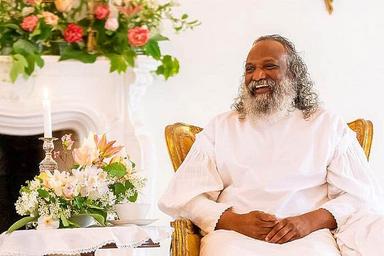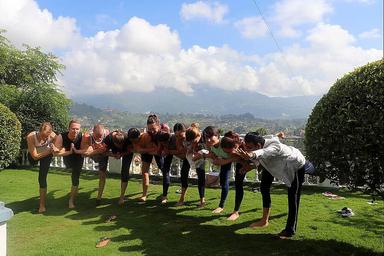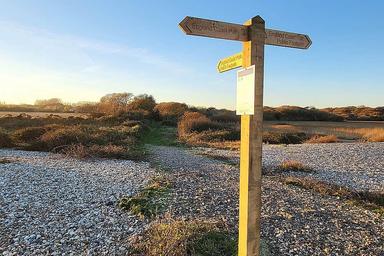
Tips for Navigating Language Barriers in Medical Tourism
10 Apr, 2023
 Healthtrip
HealthtripPeople travel to other countries to receive medical treatments that may not be accessible or cost-effective in their home country, resulting in the rapidly expanding industry of medical tourism. Language barriers, on the other hand, are a major obstacle for medical tourists. When there is a language barrier, communicating with healthcare providers and comprehending medical information can be difficult. We will discuss some strategies for overcoming language barriers in medical tourism in this blog post.
1. Research the country's healthcare system and language policies before embarking on your medical tourism journey. It is essential to conduct research on the country's healthcare system and language policies. Find out whether interpreters are available or whether healthcare providers must speak a particular language. You will be better able to communicate with healthcare providers and prepare for your medical journey if you have a solid understanding of the healthcare system and language policies.
Most popular procedures in India
2. Hire a professional medical interpreter Hiring a medical interpreter is a great way to communicate with healthcare providers in an efficient manner. Proficient clinical mediators are prepared to decipher clinical wording precisely and give social setting. They are able to be of assistance to you during consultations, procedures, and even follow-up appointments. You can inquire about your medical tourism provider's availability of interpreter services or whether they can recommend a reputable interpreter.
3. Learn basic medical terms in the language that healthcare professionals use: Learning basic medical terms in the language that healthcare professionals use can assist you in effectively communicating throughout your medical journey. You can begin by becoming familiar with common medical terms like symptoms, fever, pain, and blood pressure. Understanding these terms can assist you in accurately describing your symptoms and comprehending medical information provided by healthcare professionals.
Wellness Treatments
Give yourself the time to relax
Lowest Prices Guaranteed!

Lowest Prices Guaranteed!
4. Bring a trusted companion who speaks the language: During your medical journey, bringing a trusted companion who speaks the language can assist you in overcoming language barriers. A buddy can assist you with speaking with medical services suppliers, help you during operations, and offer close to home help. It is essential to select a companion who can accurately interpret medical terminology and speaks the language used by healthcare professionals.
5. Utilize technology for communication: When there is a language barrier, utilizing technology can be an efficient method of communication with healthcare providers. To translate medical terms, phrases, and questions, you can use translation apps. Telemedicine services, which enable you to communicate with healthcare providers from a distance, may also be provided by some healthcare providers. You must make certain that the technology you use is safe and adheres to privacy regulations.
6. Clarify your requirements and concerns: When communicating effectively, both parties must listen to and comprehend the other's requirements and concerns. It is essential to clearly express your concerns and requirements to healthcare providers. You can communicate effectively with healthcare providers by employing an interpreter or a translation app if you are uncomfortable speaking their language. It is likewise fundamental to seek clarification on some pressing issues and explain any questions you might need to guarantee that you comprehend the clinical data given.
7. During medical consultations or procedures, it can sometimes be difficult to comprehend medical information. Ask for written documentation. You can gain a better understanding of medical information by requesting written documentation. You can request that your healthcare providers write you prescriptions, instructions, and other medical information in your native tongue. Additionally, you can request copies of your medical records to share with your home healthcare provider.
8. Be aware of cultural differences: Cultural differences can affect healthcare delivery and communication. Understanding cultural differences and how they might affect your medical journey is essential. For instance, while patients may be more assertive in some cultures, deference to authority figures is common in others. You can communicate with healthcare providers more effectively and ensure that you receive the appropriate care if you are aware of these differences.
9. Training in language and culture: Training in language and culture is something you might want to think about if you're going to a country where the language and culture are very different from your own. You can learn about healthcare providers' culture, customs, and language through language and cultural training. It can also assist you in improving your communication skills and establishing a rapport with healthcare providers. To improve your language and cultural skills, you could take online courses, cultural immersion programs, or language classes.
10. Prepare for medical emergencies : Medical emergencies can occur at any time, so it's important to be ready for them. It is pivotal to make arrangements for crises by recognizing nearby crisis administrations, clinics, and centers in the space you intend to visit. You can also make a list of people to call in an emergency, like embassy contacts, interpreters, and healthcare providers. Additionally, it is essential to carry essential medical information in both your native language and the language spoken by healthcare providers, such as a medication list, allergies, and medical history.
In conclusion, medical tourism requires cultural awareness, preparation, resources, communication, and the ability to overcome language barriers. Hire a professional medical interpreter, learn basic medical terminology, bring a trusted companion, use technology, clearly communicate your needs and concerns, request written information, be aware of cultural differences, think about language and cultural training, and prepare for emergencies are all essential. By following these tips, you can guarantee a protected and fruitful clinical excursion, even within the sight of language boundaries.
Related Blogs
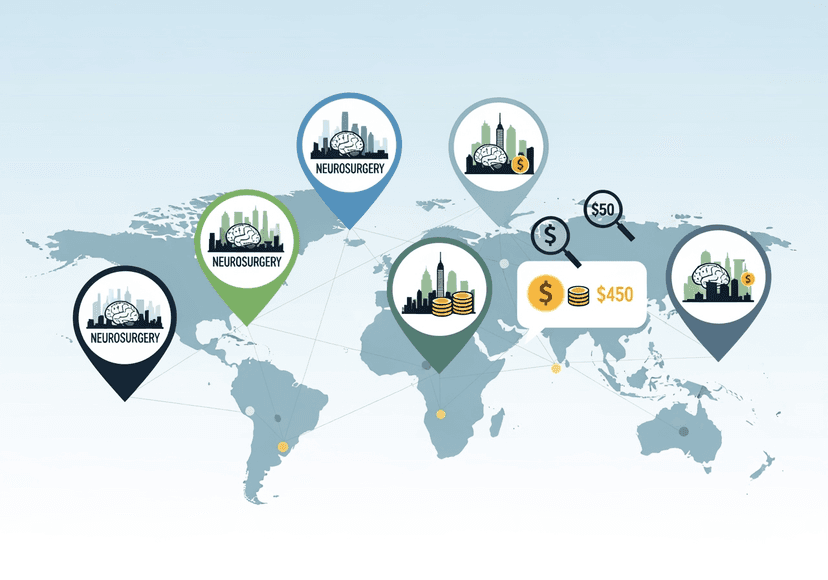
Compare Neuro Surgery Costs Across Cities with Healthtrip’s Help
Find everything you need to know about neuro surgery in
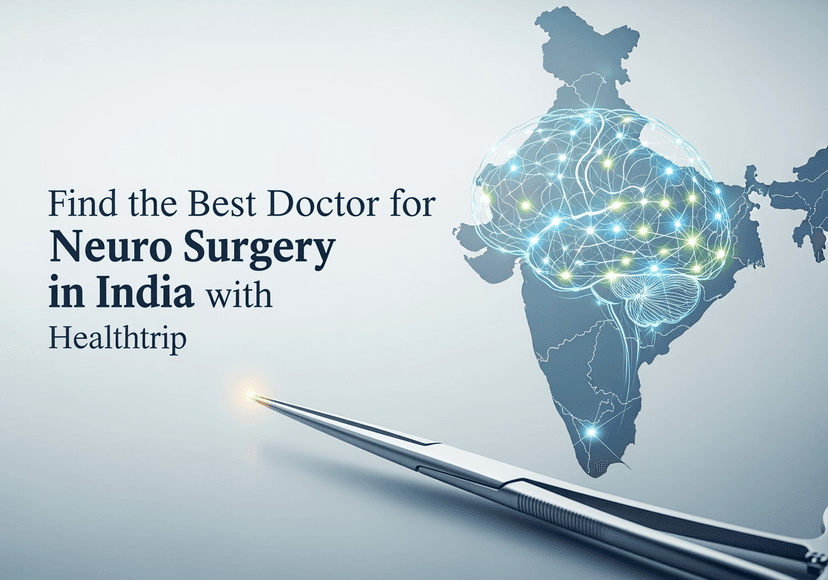
Find the Best Doctor for Neuro Surgery in India with Healthtrip
Find everything you need to know about neuro surgery in
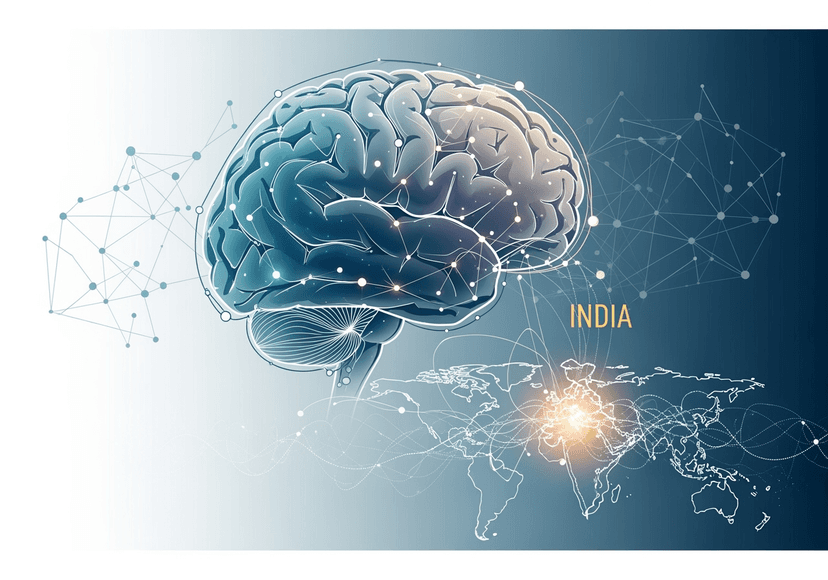
Steps to Prepare for Your Neuro Surgery with Healthtrip in India
Find everything you need to know about neuro surgery in
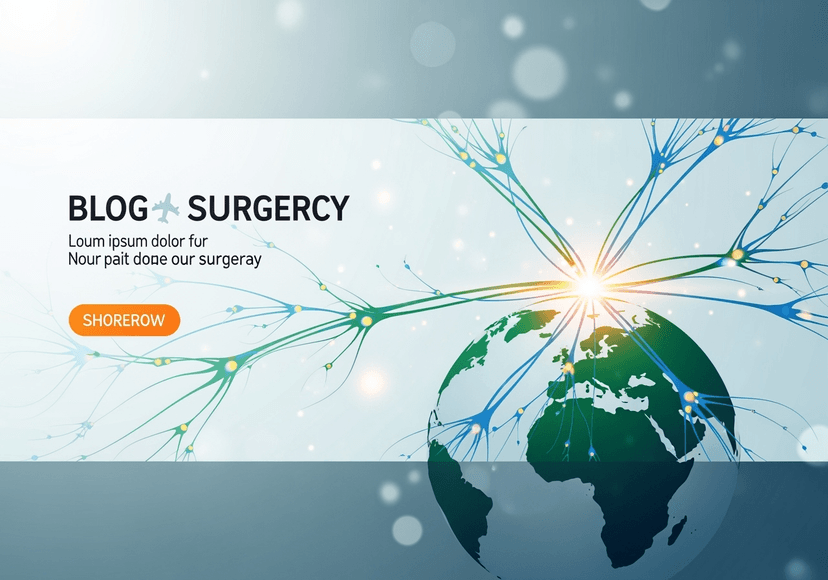
Why International Patients Prefer Healthtrip for Neuro Surgery in India
Find everything you need to know about neuro surgery in

Top Patient Concerns About Neuro Surgery and How Healthtrip Addresses Them
Find everything you need to know about neuro surgery in

Get Personalised Care for Neuro Surgery with Healthtrip’s Partner Hospitals
Find everything you need to know about neuro surgery in






